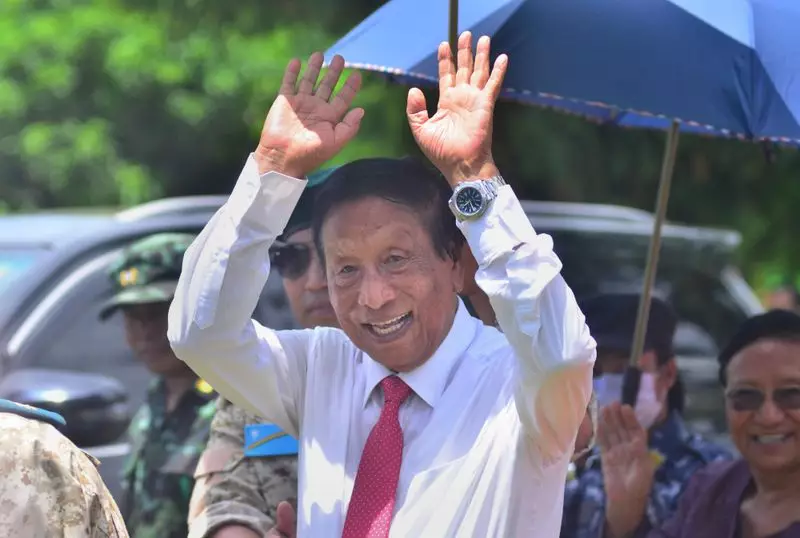
In a moment that bridges half a century of separation, 72-year-old Mowu Gwizan stepped onto his ancestral land in Nagaland's Phek district, his eyes moist with emotions too long suppressed. After fifty years of living in exile as a Naga rebel fighter, his homecoming represents more than just a personal journey—it symbolizes the fragile hope for lasting peace in Northeast India.
The Long Road From Rebellion to Reconciliation
The year was 1974 when a young, idealistic Gwizan crossed into Myanmar to join the Naga nationalist movement. Like many of his generation, he believed in the dream of Naga sovereignty—a cause that has seen decades of conflict between various Naga groups and the Indian government.
"When I left, I was a young man full of fire and revolutionary ideals," Gwizan shared, his voice trembling slightly. "I never imagined it would take five decades to see my homeland again."
A Changing Political Landscape
Gwizan's return comes amid significant developments in the complex Naga peace process. The Government of India has been engaged in talks with various Naga groups, particularly the NSCN-IM, aiming to resolve one of Asia's longest-running insurgencies.
What makes this homecoming particularly significant:
- It follows confidence-building measures by both government and rebel groups
- Represents a personal leap of faith in the peace process
- Occurs as younger generations question the costs of prolonged conflict
Bittersweet Reunions and Changed Landscapes
The village Gwizan returned to bears little resemblance to the one he left. Where bullock carts once traveled, motorcycles now buzz. The thatched huts of memory have been replaced by concrete houses. Most poignantly, many of the faces from his youth are gone forever.
"I recognized the hills, the streams, the trees," he noted. "But the people... so many are no longer here to welcome me home."
What This Means for Northeast India's Future
While Gwizan's personal story tugs at heartstrings, analysts see broader implications. His return demonstrates that the ground is shifting in the region's complex political dynamics. The willingness of veteran fighters to come home suggests growing confidence in the peace framework being negotiated.
As one community elder put it: "When the veterans of our struggle begin coming home, perhaps we can finally write a new chapter—one not of conflict, but of coexistence."
The journey toward comprehensive peace remains incomplete, but stories like Gwizan's offer something precious: tangible proof that reconciliation, however delayed, remains possible.





